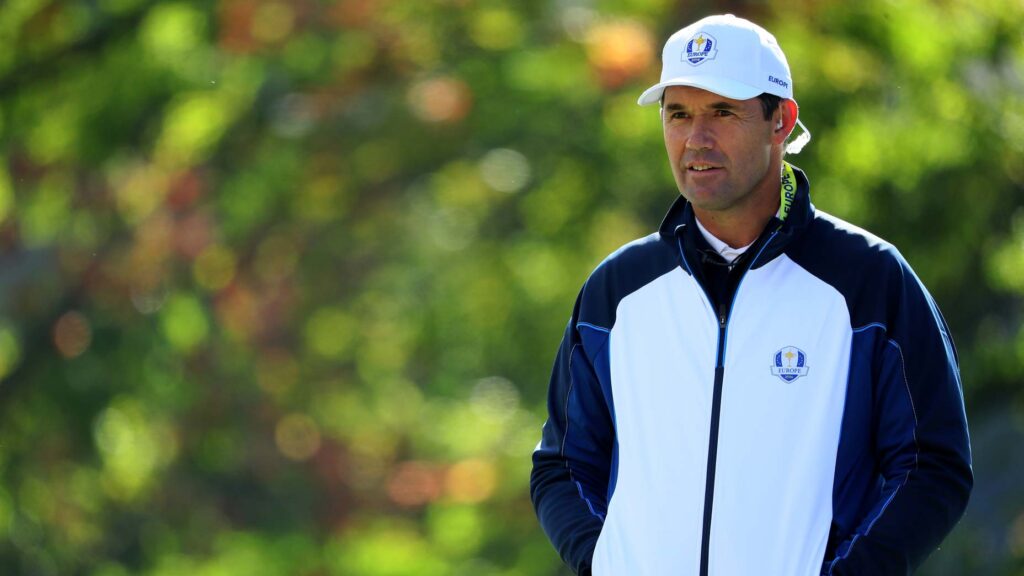The PGA Tour is potentially facing significant changes in the coming years, with the Player Advisory Council recently circulating a 23-page document detailing proposed adjustments for 2026. These changes, including smaller field sizes, reduced fully exempt members, and modified pathways to Tour membership, are set to be voted on by the Tour’s Policy Board, which includes notable figures like Tiger Woods. While these changes are likely to be approved, not everyone is on board, including three-time major winner Padraig Harrington.
Harrington expressed strong opposition to the proposed changes, describing them as “terrible” during a recent appearance on “Golf Today.” He specifically criticized the idea of shrinking field sizes, suggesting that it could limit opportunities for players and detract from the overall experience of the Tour. Harrington highlighted the importance of giving all players a fair chance to compete and succeed, emphasizing the need for a more inclusive and accessible structure within the PGA Tour.
One of the key concerns raised by Harrington is the potential impact on the pace of play, an issue that has long plagued professional golf. He likened the current state of the Tour to rush hour traffic, with overcrowded courses and tight tee times contributing to slow play. While he acknowledged the need for solutions to address this issue, he questioned whether the proposed changes were the right approach, suggesting that a stronger secondary Tour could provide a more effective solution.
Among the specific changes that Harrington took issue with was the potential elimination of Monday qualifiers, a popular and exciting aspect of the Tour that has historically provided lesser-known players with opportunities to shine. While the proposal would not completely eliminate Monday qualifiers, it would significantly reduce the number of spots available, potentially limiting the chances for up-and-coming players to showcase their talents. Harrington emphasized the importance of these qualifiers as a way to distinguish between players who are truly dedicated to succeeding as professionals.
Despite his strong objections, Harrington recognized the need for ongoing discussions and potential adjustments within the PGA Tour. He suggested that a more structured approach, such as the potential involvement of the DP World Tour, could provide a better balance between competitiveness and accessibility. Harrington’s perspective highlights the complexities involved in making changes to a longstanding institution like the PGA Tour, where balancing tradition with innovation is crucial.
As the Policy Board prepares to vote on the proposed changes in the coming weeks, the input of players like Harrington will be crucial in shaping the future direction of the Tour. While disagreements and differing opinions are inevitable, finding common ground and prioritizing the best interests of all players will be paramount in determining the ultimate outcome. Whether the proposed changes are ultimately approved or modified, the ongoing evolution of the PGA Tour is a testament to the dynamic nature of professional golf and the dedication of its participants to ensure its continued success.


